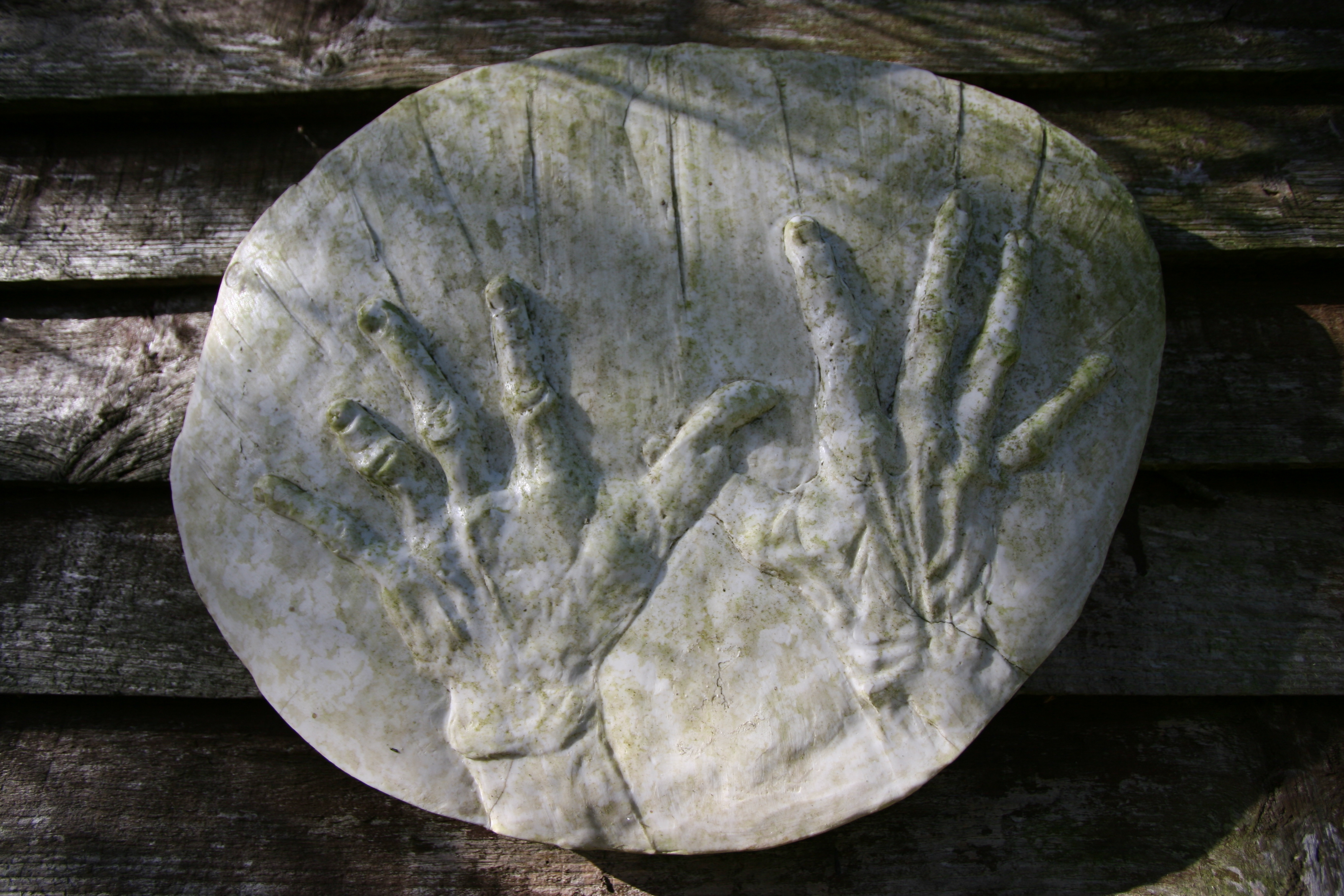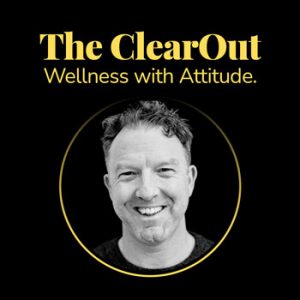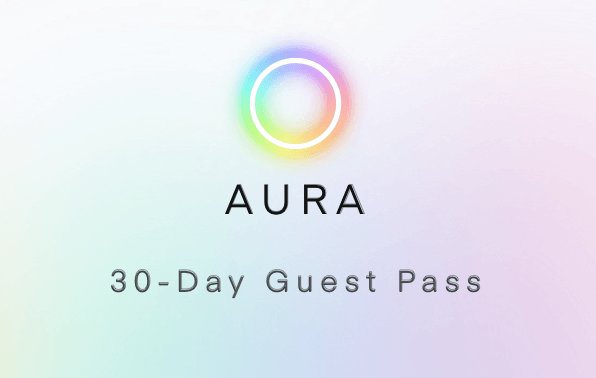The air is polluted and it is unsafe to be outside. What looks like early morning mist is in fact a deathly haze of smoke blown west from the bushfire-ravaged eastern state. I have foregone my morning swim and cycle to work in deference to the ominous atmosphere that has dropped an unloving cloud of murk over the entire city. I ride an air-conditioned tram through ghostly streets, leaving behind my sleeping wife and daughter and our contented, just-fed cat.
I am bemused by the sight of people out exercising, both alone and in groups. It seems counter-intuitive in these conditions, not to mention being slightly suggestive of a certain thoughtlessness or even arrogance, signalling perhaps a belief that they are immune to the filthy air and that their personal wellness regime need not stop for either the blighted atmosphere, nor as a mark of respect to those who have certainly lost everything in the pitiless infernos elsewhere.
Closer to the city the streets become busier, although they are still quiet compared to other times of the year. It is midsummer and schools remain closed for another couple of weeks – it is still very much holiday season. My tram is now one of a convoy of four or five proceeding slowly to the CBD, where I will be the first person in my workplace, turning on lights and computers and copying machines. A quiet start to the day, made distinctly eerie by the pervasive smog that hangs low in the sky, applying a chokehold that refuses the admission of sunlight or fresh air. Adding to the effect are shadowy skyscrapers that loom threateningly in the mid-distance.
Are we living in end times? Or just a particularly punishing summer? Either way, it is hard not to feel that we are being shown a glimpse of a future to which we should expect to become accustomed. And when the world around you is physically changing, it is almost impossible for your perspective not to change with it. When you can no longer see the horizon, where can you cast your hopes? To what landmark can you steer your vessel? If you can no longer see the sky, how can you be fully sure which way is up?
It may be tempting to put our faith in the idea that this is but a temporary assault, something seasonal that will pass. We may embrace our inner pragmatist and determine to simply get on with things while counselling ourselves not to panic. We may well seek comfort in the religious and the abstract. But while it is good to rationalise and philosophise and spiritualise, it doesn’t change the fact that we are sensory animals who live in the physical world and if the temperature rises, we feel it. If the air turns sour, we smell and taste it. If the forests burn, we hear the roar of the blaze, and we see the charred aftermath.
Does our planet have a knowledge that we can only guess at? Is it burning us off like a sick body uses a fever to purge the disease that afflicts it? I wonder if some cataclysmic future is what lies in wait for my daughter and the children that her generation will bring into the world. That concern pushes to the forefront of my mind the never greater need for sustainable living. It reminds me that we are mere custodians while we are here and that this Earth of ours belongs to no one. The crass imperatives of this globalized age will rush to disabuse me of that notion, however, and if I look in the mirror, I have to confess that I am no more original than anyone else in this regard. I crave ownership of a little piece of land on which to build a little home that I can call my own. I crave that guarantee of insulation and security. I want to have my own little world, defined and habitable, a place where life can thrive and dreams unfold.
But it’s not as simple as that, is it.
In the same way we are not hermetically sealed from those we share the planet with, we cannot separate ourselves from those we share a life with. Our own little worlds do not exist in isolation. They intersect. They connect. They co-exist. And they inter-depend. So even if I had my little home, I would be sharing it with two other entities, each with their own little world, spinning on its own axis, moving along its own trajectory. Those would be the worlds of my wife and daughter. Because we are together, which is part of the deal we signed up for. (Of course, my daughter didn’t sign anything because she doesn’t have a vote, either in this scenario or in real life. Not for a few years yet!) But how ‘together’ are we really?
Saving a Cronenbergesque body-horror transmogrification where our physical selves merge into one multi-organed being narfing its way hungrily through existence – or less dramatically, being conjoined twins – we live under the conditions of unitary detachment. We are insoluble. No matter that we are drawn to creating various social and interpersonal permutations for which we might use the words ‘family’ or ‘relationship’, the fact remains that there is something about the nature of human consciousness that insists we are indisputably separate organisms. Quantum physicists and molecular scientists might argue otherwise, but that perception of separateness, in terms of everyday, lived reality, is very persuasive. And at those times when we find ourselves at odds with life, that separateness can very easily be repositioned as isolation or aloneness. We are alone in our world, in our galaxy, in our universe. We are intrepid solo celestial travellers making our way through space and time.
But our human social instincts push against that idea and greatly encourage us to try and occupy that space and time in the company of another. The impulse to pair up and build a world together is a driver of not only society, but also of our species. That embedded imperative says “don’t you dare cut yourself off from the rest of us! You’re an important part of this machine – you’re a key member of the colony. Your leaving weakens us, so we’re just not that into it.” That age-old programming is buried deep in our DNA, and it ensures we are attracted to each other. It ensures we rarely stop feeling that pull towards another, as if part of our cosmic destiny is to be endlessly drawn to the orbit of other worlds.
All of which sets up a tricky existential conflict. We are separate, and cannot be otherwise, but we are moved by a primordial directive to seek union with others. The challenge for each of us is how to reconcile these two fundamentally oppositional states. How do we convince somebody to allow us access into their world, and how do we grant somebody admission to ours? The chemicals of attraction help us overlook these difficulties as we happily explore unknown environments in pursuit of discovery and connection. We vacate our spacecraft and go in search of a fellow traveller who may agree to alter their travel plans so our universal odyssey might be continued side by side.
We try to find an inhabitant of another world whose outlook perhaps resembles ours. We may hope that our languages are in some way similar. We trust that we will be physically compatible. We hope that they like to move at the same speed as we do. We cross our fingers and ask for the coordinates of their trajectory to see if we’re both heading in the same direction. We are! The stars align and our two worlds bump together.
Congratulations – you are no longer alone in the universe.
So the journey of togetherness begins. With great optimism, mutual fascination, and confidence that you will never run out of fuel, you set forth with burning conviction to claim your corner of the galaxy, carving out a happy little co-existence. Over time you realise that what connects you is an intersection of shared desires and dreams, a commonality of purpose and inclination that keeps the course true and the vessel steady. At some point other parties are produced by your union and they too dwell in the intersection of your worlds and, looking like a physicalised social Venn diagram, your nucleus binds and propels you serenely through the great outer darkness.
But then, after much travel and endless black holes and asteroid collisions and problematic vortices, something happens. There is a falling away. A thinning of the walls of the nucleus and an evident undermining of all that once constituted the rocket-fuel for the journey. The unavoidable impediments and inevitable threats endured have gradually contributed to a profound altering of your eco-system. So much so that these worlds, which once hummed with promise and sustainability, begin to fragment until you look up one day and realise that even though you are somehow still travelling together, one, if not both of your worlds, has tipped into climactic implosion.
The question is, can it be reversed, or is its demise a foregone conclusion?
We have to hope it’s the former, because by now the health of your world depends on the health of their world. That common ground of your Venn Diagram is where your efforts must be focused. It is there the fecund soil of hope and belief and determination must be encouraged to thrive. And if that terrain has been ravaged by fires, we must throw ourselves into a rain-dance so the heavens open and quench the blackened earth until the first shoots of new growth begin to emerge. And if the air chokes us, we plant more trees until it is safe to breathe deeply again. And if we can’t see in front of us, we slow down until a wind blows through and the way forward is clear once more.
Because not to try is to say that what’s going on in your world isn’t affected by what’s going on in theirs. By denying that simple reality, you slowly but surely will toxify your own little sphere of existence. Not caring isn’t an option. Pretending it’s not happening is not only stupid and tantamount to self-harm, but irresponsible. We are separate, but we live together in this world. Are we really going to say it’s not up to us to make sure it stays healthy and safe? We’ve got to give ourselves a shot at survival, don’t we?
My world. Your world. Our world. We can’t do it alone. We need each other.
What’s happening in your world? Putting out fires or filling your lungs?




potent and beautifully expressed. Nice work…
have a great long weekend 🙂
Thanks Jen, appreciate the response. 😊
I really enjoy your writing.
Being remote the ‘snap shot’ of a morning in Melbourne during the bush fires you gave me will stay with me.
Keep up the good work and I look forward to the next Clearout.
xhelen
Thanks for your response Helen, I’m glad to have you on board. Hope all’s well in Wicklow – bushfires shouldn’t be an issue there!😊
[…] of a historically dreadful summer of bush fires in Australia, I wrote the words above in the post In It Together in which I argued that we have no choice but to share our life experience, good or bad, with […]